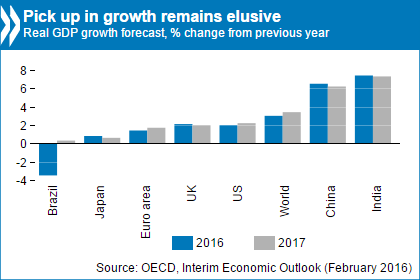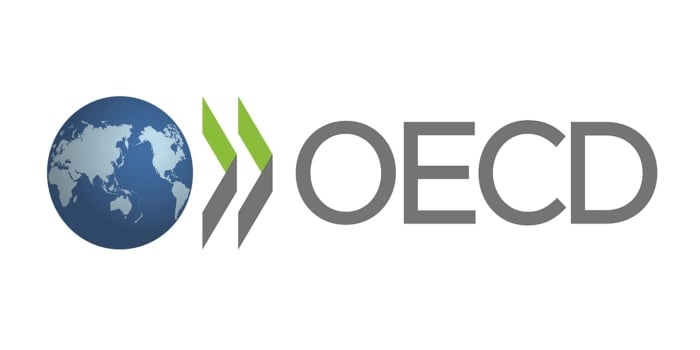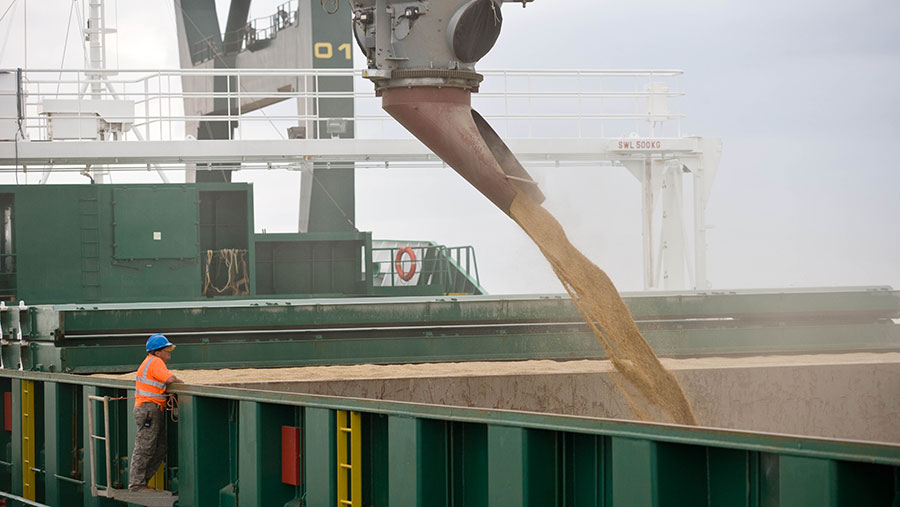[ad_1]
18/02/2016-Attaining sturdy development within the international economic system stays elusive, with solely a modest restoration in superior economies and slower exercise in rising markets, in accordance with the OECD’s newest Interim Financial Outlook.
|
The world economic system is more likely to broaden no quicker in 2016 than in 2015, its slowest tempo in 5 years. Commerce and funding are weak. Sluggish demand is resulting in low inflation and insufficient wage and employment development.
The downgrade within the international outlook for the reason that earlier Financial Outlook in November 2015 is broadly primarily based, unfold throughout each superior and main rising economies, with the most important impacts anticipated in america, the euro space and economies reliant on commodity exports, like Brazil and Canada.
Monetary instability dangers are substantial, as demonstrated by latest falls in fairness and bond costs worldwide, and growing vulnerability of some rising economies to unstable capital flows and the results of excessive home debt. |
“International development prospects have virtually flat-lined, latest knowledge have disillusioned and indicators level to slower development in main economies, regardless of the increase from low oil costs and low rates of interest,” mentioned OECD Chief Economist Catherine L. Mann. “Given the numerous draw back dangers posed by monetary sector volatility and rising market debt, a stronger collective coverage strategy is urgently wanted, specializing in a better use of fiscal and pro-growth structural insurance policies, to strengthen development and cut back monetary dangers.”
The OECD initiatives that the worldwide economic system will develop by 3 % this yr and three.3 % in 2017, which is effectively under long-run averages of round 3¾ %. That is additionally decrease than could be anticipated throughout a restoration part for superior economies, and given the tempo of development that could possibly be achieved by rising economies in convergence mode.
 |
The US will develop by 2 % this yr and by 2.2 % in 2017, whereas the UK is projected to develop at 2.1 % in 2016 and a pair of % in 2017. Canadian development is projected at 1.4 % this yr and a pair of.2 % in 2017, whereas Japan is projected to develop by 0.8 % in 2016 and 0.6 % in 2017. The euro space is projected to develop at a 1.4 % price in 2016 and a 1.7 % tempo in 2017. Germany is forecast to develop by 1.3 % in 2016 and 1.7 % in 2017, France by 1.2 % in 2016 and 1.5 % in 2017, whereas Italy will see a 1 % price in 2016 and 1.4 % price in 2017.
With China anticipated to proceed rebalancing its economic system from manufacturing to companies, development is forecast at 6.5 % in 2016 and 6.2 % in 2017. India will proceed to develop robustly, by 7.4 % in 2016 and seven.3 % in 2017. Against this, Brazil’s economic system is experiencing a deep recession and is predicted to shrink by 4 % this yr and solely to start to emerge from the downturn subsequent yr. |
The Interim Financial Outlook requires a stronger coverage response, altering the coverage combine to confront the present weak development extra successfully. It factors out that sole reliance on financial coverage has confirmed inadequate to spice up demand and produce passable development, whereas fiscal coverage is contractionary in a number of main economies and structural reform momentum has slowed.
The OECD says financial insurance policies ought to stay extremely accommodative in superior economies, till inflation has proven clear indicators of shifting durably in direction of official targets. In rising market economies, financial assist ought to be offered the place attainable, taking into consideration inflation developments and capital market responses.
The Outlook suggests {that a} stronger fiscal coverage response, mixed with renewed structural reforms, is required to assist development and supply a extra beneficial setting for productivity-enhancing innovation and alter, significantly in Europe.
“With governments in lots of nations at present in a position to borrow for lengthy intervals at very low rates of interest, there may be room for fiscal growth to strengthen demand in a way in line with fiscal sustainability,” Ms Mann mentioned. “The main focus ought to be on insurance policies with sturdy short-run advantages and that additionally contribute to long-term development. A dedication to elevating public funding would increase demand and assist assist future development,” Ms Mann mentioned.
Media queries ought to be directed to the OECD Media Workplace (+33 1 4524 9700, information.contact@oecd.org).
For extra data, go to: www.oecd.org/economic system/economicoutlook.htm.
[ad_2]
Source link













